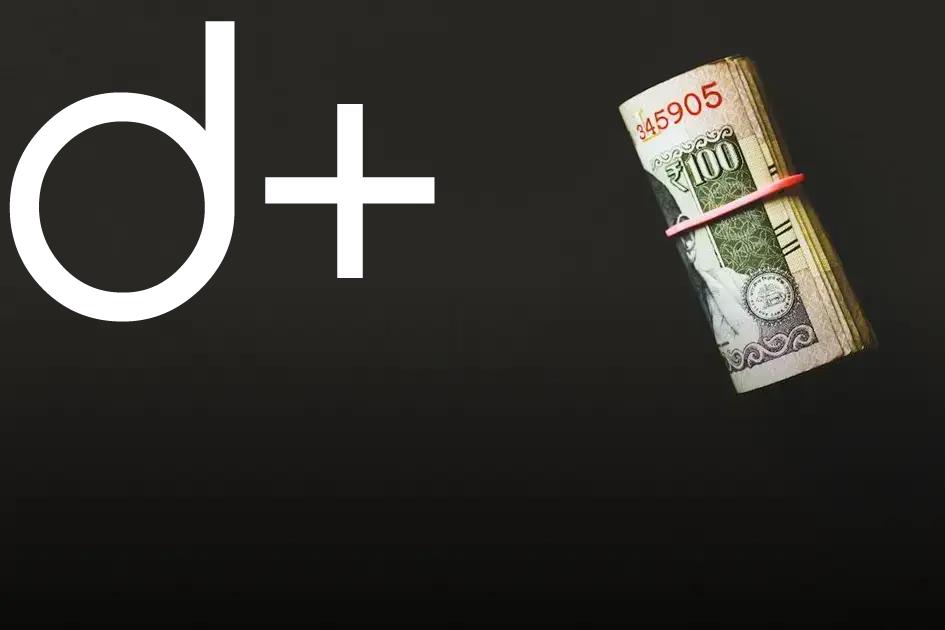In recent years, countries worldwide have battled corruption with varying levels of success. How Blockchain Is Helping Countries Fight Corruption is a crucial topic in this fight against transparency deficits and trust issues within governmental systems. Blockchain technology emerges as a potentially powerful tool to bolster governance systems by ensuring transparency, accountability, and immutability of data. This article will explore why this innovation matters and how it reshapes the fight against corruption for numerous nations.
The Role of Blockchain in Governance
Blockchain technology is transforming governance systems by offering unique solutions to long-standing issues, particularly corruption. Traditional governance models often struggle with transparency, accountability, and traceability. Blockchain, with its decentralized and immutable ledger, provides a viable solution to these challenges, ensuring that every transaction is recorded and verified by a network of computers. This minimizes the risk of tampering and fraud.
The use of blockchain in governance can enhance trust between citizens and authorities. By ensuring that records, from voting systems to public expenditure, are publicly accessible and unchangeable, blockchain bolsters confidence in governmental processes. This trust is essential for political stability and positive societal outcomes.
Blockchain’s role extends to automating processes through smart contracts, which reduce the need for intermediaries. This not only cuts bureaucracy but also limits opportunities for corrupt practices. Smart contracts execute actions autonomously when pre-defined conditions are met, ensuring that all parties adhere to their obligations.
Furthermore, blockchain can improve regulatory compliance by providing real-time data to regulatory bodies. This ensures that any discrepancies or unauthorized actions are quickly identified, allowing for prompt intervention. As a result, blockchain serves as a powerful tool for mitigating corruption in governance structures.
However, for blockchain to achieve its full potential in governance, collaborative efforts among stakeholders, governments, and technology providers are necessary. Ensuring wider adoption and tackling the challenges associated with technology can pave the way for more transparent and accountable government operations globally.
How Blockchain Ensures Transparency

Blockchain technology plays a pivotal role in ensuring transparency by acting as a digital ledger that records transactions across multiple computers. This decentralization is crucial because it prevents any single entity from having control over the data. Every transaction is time-stamped and linked to the previous one, forming a secure chain that is virtually tamper-proof.
One of the most significant features of blockchain is its immutability. Once a transaction is recorded, it cannot be altered or deleted. This characteristic ensures that all data remains consistent and reliable. By eliminating unofficial alterations, blockchain provides a trustworthy framework for various applications, including governance.
Moreover, blockchain enhances transparency by allowing all stakeholders to access and verify information. This public visibility reduces the risk of fraudulent activities as every participant has access to the same information. With these characteristics, blockchain serves as a powerful tool for governments to maintain transparency and, ultimately, reduce corruption.
Real-World Examples of Blockchain Against Corruption
Countries around the world are increasingly turning to blockchain technology as a tool in the battle against corruption. By providing transparent and immutable records, blockchain can help deter corrupt practices. Let’s explore some compelling examples of how this technology is being implemented across various nations.
Ukraine’s Land Registry System
Ukraine has faced significant challenges with land ownership due to corruption. By implementing a blockchain-based land registry, the country aims to create a more transparent system. This ensures that all transactions are recorded in an immutable manner, preventing any unauthorized alterations or backdating of ownership.
Georgia’s Use of Blockchain for Property Rights
Georgia has embraced blockchain technology to enhance the transparency of its property registration. By doing so, they have significantly reduced corruption related to land titles. The blockchain-based system provides a public ledger that is accessible to citizens and helps build trust in governmental processes.
Estonia’s Digital Identity System
Estonia is a pioneer in using blockchain for digital governance. Its blockchain-based digital identity system allows for secure and transparent interaction with government services. This minimizes the risk of data tampering and provides citizens with verifiable and private access to their records, further minimizing corruption opportunities.
Supply Chain Transparency in the Democratic Republic of the Congo
In the Democratic Republic of the Congo, blockchain technology is helping to ensure greater transparency in the minerals supply chain. By using blockchain, all transaction histories of minerals, such as cobalt, can be traced from the source to the end consumer. This reduces the risk of illegal exploitation and corruption in the supply chain.
These examples illustrate how blockchain is making a difference in the fight against corruption, by offering a level of transparency and trust that was previously difficult to achieve.
Challenges and Limitations of Blockchain

Scalability Issues
Blockchain systems often face scalability challenges. While these systems excel in security and transparency, their transaction speed and throughput can be limited. As blocks store transactions in a linear chain, processing large volumes in real-time becomes difficult. Solutions such as sharding and layer-2 protocols are being developed to address these challenges.
Energy Consumption
Blockchain, particularly proof-of-work models like Bitcoin, requires significant energy. This raises environmental concerns. Efforts are underway to make blockchain more sustainable with the advent of proof-of-stake and other energy-efficient consensus algorithms. However, adapting these models across all platforms remains a challenge.
Regulatory and Compliance Hurdles
Different jurisdictions have diverse regulations that can hinder blockchain adoption. Policymakers struggle to keep pace with rapid technological changes. Creating a global regulatory framework that balances innovation with compliance is crucial but difficult.
Cybersecurity Threats
While blockchain is secure, it is not completely immune to cyber threats. Smart contracts, for example, can have vulnerabilities. Ensuring secure coding practices and regular audits are essential measures to protect blockchain networks.
Interoperability
Various blockchain platforms not communicating effectively creates silos. This reduces the ability to fully harness the technology’s potential. Developing standards and protocols for interoperability is an ongoing process. Innovations in cross-chain technologies show promise, aiming to connect disparate systems for a unified solution.
The Future of Blockchain in Anti-Corruption
Blockchain technology is poised to revolutionize the fight against corruption by providing transparent, immutable records that can prevent corrupt actions before they occur. With the ability to securely document transactions, contracts, and government processes, blockchain serves as a robust tool for ensuring accountability.
One of the most promising applications is the creation of immutable audit trails. These can greatly diminish opportunities for data tampering or record manipulation. As more data is stored on blockchain networks, the temptation and feasibility of altering records for corrupt purposes are significantly reduced.
Protection of Whistleblowers:
Blockchain can protect individuals who expose corrupt practices. By encrypting their identities and providing a secure platform for sharing information, blockchain enables whistleblowers to report misconduct with less fear of retaliation.
In the realm of public procurement, blockchain can enhance the integrity of bidding processes. By making bids, updates, and decisions publicly available, stakeholders gain reassurance of a fair process, free from nepotism and favoritism.
Smart Contracts:
Smarter Compliance
Smart contracts automatically enforce the terms of a contract once agreed conditions are met. This decreases the likelihood of fraudulent behavior due to the automated nature of these digital agreements. Compliance verification becomes straightforward, minimizing disputes and ensuring fair dealings.
Efforts are underway globally to incorporate blockchain into anti-corruption initiatives, with pilot programs and collaborations happening between governments, NGOs, and tech companies. These collaborations look toward a future where blockchain not only assists in detection but prevents the root causes of corruption.







![BANNER 1 - HOME [QUADRADO]](https://dailyfindinvestment.com/wp-content/uploads/2025/01/BANNER-300-X-300.gif)
